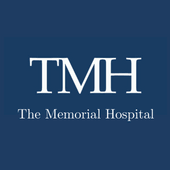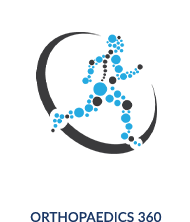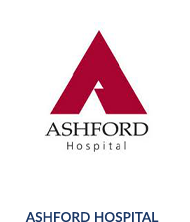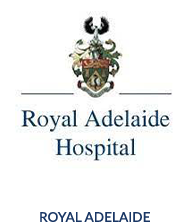Before any operation, our team will help ensure you are prepared both physically and mentally. Dr Yu will discuss in detail with you the planned operative procedure, and answer any queries or concerns you may have, and our administrative team will guide you through the required paperwork. Sometimes it may be necessary to have a pre-operative appointment with our anaesthetist to ensure you are in optimal condition for your procedure.
Pre-operative instructions
Medication review
As part of your preoperative assessment, your current regular medications will be reviewed. This includes over-the-counter medications as well as supplements eg. Fish oil and glucosamine. You will be able to continue taking the majority of your regular medications, however some medications may be temporarily ceased. These are usually blood-thinning medicines (anti-coagulants) including (but not limited to) aspirin, warfarin, clopidogrel, apixaban. Diabetes medications including tablets and injections can usually be safely continued until the morning of the surgery. We will advise you when to stop taking these medications before the operation, and when to restart them after the operation.
Smoking
Smoking greatly impairs the blood supply to healing tissues by constricting the blood vessels, as well as creating problems with anaesthesia. If ever there was a good time to quit smoking, it is before an operation and during the recovery period. You will be advised of options to help ceasing smoking during this period, and ideally beyond.
Fasting
No solid food (including drinks containing milk) should be consumed within 6 hours before surgery. Clear fluids (such as cordial and water) may be consumed up to 3 hours before surgery, and then nothing should be taken from then (this includes chewing gum). An exception is made for regular oral medications, which can be taken with a small sip of water.
Cardiovascular fitness
An operation most often requires general anaesthesia (meaning you are put to sleep and breathing is assisted). Dr Yu and his anaesthetic team endeavour to make your anaesthetic as safe as possible by ensuring your heart and lungs are in optimal health. This may mean a pre-anaesthetic review by our anaesthetist involving a cardiovascular assessment, with blood tests and heart tracings performed.
Skin preparation
You should not shave or wax skin around the surgical area, as this can irritate the skin or cause superficial infections. Please advise us if you notice any skin lesions or abrasions around the operative area in the days before your surgery. Whilst waiting for your operation on the day of surgery, we will prepare the skin with antiseptic, and Dr Yu will mark the limb to be operated on.
Illness / colds
Please advise us if you have a cold or flu-like symptoms, or urinary-tract infections. Your surgery may need to be postponed while you recover from these infections. This is to ensure your surgery is performed as safely as possible for you.
Imaging
Please bring all relevant imaging with you to hospital (eg. X-rays / CT scans / MRI scans).
Arrival to hospital
Please present to the hospital surgical admissions area at least 2 hours before your planned surgery, or as advised by the hospital admission staff. If you are planned for an overnight admission to hospital following the operation, please bring your regular medications with you.
My goals as a surgeon are to relieve your pain, restore your function, and return you back to doing what you love.
– Dr Raymond Yu
- Adelaide Orthopaedic Surgeon
- Adelaide Shoulder Surgeon
About
Dr Raymond Yu
Dr Raymond Yu is an Adelaide Orthopaedic Surgeon with post-Fellowship expertise in Shoulder and Elbow Surgery.
He specialises in orthopaedic surgery of the Shoulder and Upper Limb with a focus on modern keyhole and minimally-invasive techniques.
Dr Yu has a special passion for:
- Rotator cuff repair surgery
- Shoulder replacement surgery
- Shoulder stabilisation surgery
Dr Yu practices at







